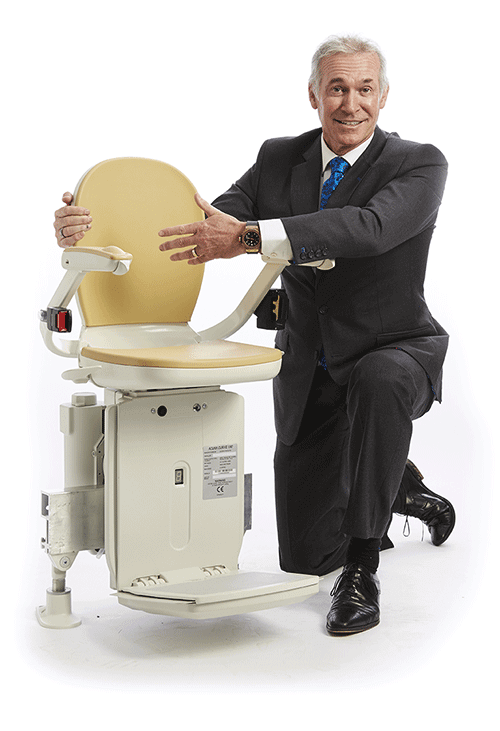Many caregivers often feel torn between both home and work duties and trying to perform well at each one can cause so much stress. They are often plagued with more mistakes, conflicts, and stress-related illnesses. If you are distracted at work, consider following these steps to find better workplace solutions all while improving your caregiver role.
Family caregivers are all around us, but they are often struggling to balance family and work responsibilities. Did you know around 20-50% of employees tend to a loved one before going to work, then return to care again after a long exhausting day on the job? Many caregivers often feel torn between both home and work duties and trying to perform well at each one can cause so much stress. They are often plagued with more mistakes, conflicts, and stress-related illnesses. If you are distracted at work, consider following these steps to find better workplace solutions all while improving your caregiver role.
Talk to Your Employer About What’s Going On: Be honest with your supervisor/manager about your caregiving demands within your own household. It’s better to offer reasons for changes in attendance, work schedule, or attitude. Offer solutions such as a modified daily schedule based on need or a compressed workweek. Many companies offer elective options such as job-sharing and telecommuting to explore. It’s best to reassure your employer that you are committed to the company and your performance will not alter due to change.
 Ask for What You Need: Once you’ve reinforced the above commitment, your employers will be more receptive to help manage caregiver duties. Come prepared with suggestions that will help. For instance, maybe into coming to work early, working from home, or taking longer lunch hours to check on your loved one. Many employers will often allow flexibility in the use of PTO/sick days and vacation time. There are many organizations that allow fellow employees to donate accrued time off to help a caregiver in need.
Ask for What You Need: Once you’ve reinforced the above commitment, your employers will be more receptive to help manage caregiver duties. Come prepared with suggestions that will help. For instance, maybe into coming to work early, working from home, or taking longer lunch hours to check on your loved one. Many employers will often allow flexibility in the use of PTO/sick days and vacation time. There are many organizations that allow fellow employees to donate accrued time off to help a caregiver in need.
Take Care of Yourself: Caregivers can become drained more often than not due to the continuation of caring for another person. Pay attention to your own feelings and emotions especially when things become overwhelming it's ok to seek counseling if needed. Try venting your feelings to any trusted family members or friends that you can confide in. Schedule time for yourself. Use relaxation or stress management tactics, such as meditation, visualization, and yoga. Stay actively involved with friends and hobbies.
Seek Support: Find safe spaces in friends, family, and local community groups, because more often than not they are eager to assist and only waiting to be asked. Possibly finding respite care so you can regularly take time out for yourself. Try to research different resources to assist you with not only at work but at home. Most places do have programs to offer help to the caregiver. Also, try utilizing resources that cater to caregivers in their organizations. Some companies may have policies to ensure job security. Each country has different regulations, so it would be best to do your due diligence and research your location.
As much as we love our loved ones, caregiving can be a draining task that leaves many feeling overwhelmed, and pulled in too many directions. Try your best to be able to count on people to do some of the work needed. Talk to your employer and think about what is needed to be successful. Make sure you're taking care of yourself as well and your loved one. Get comfortable asking for help. Lastly, seek support from others, you know that in the coming days your efforts to balance elder care and career will be imperfect, and that’s okay.

